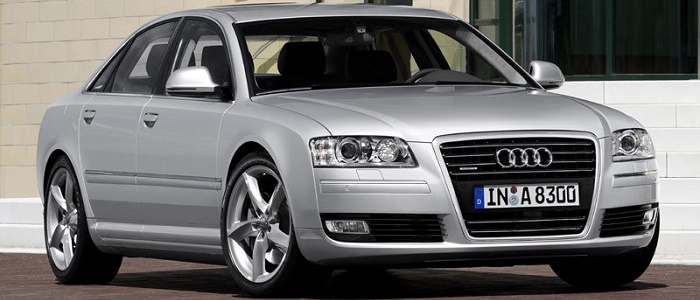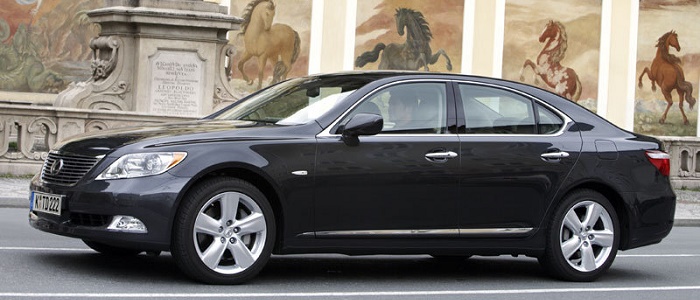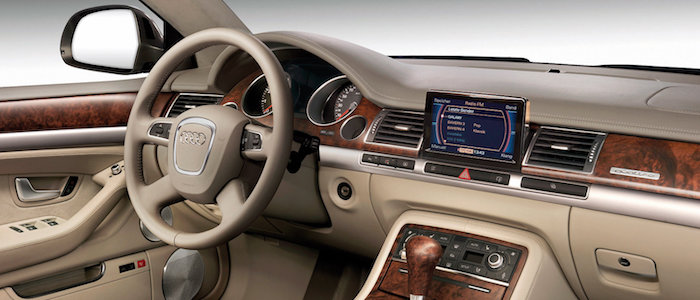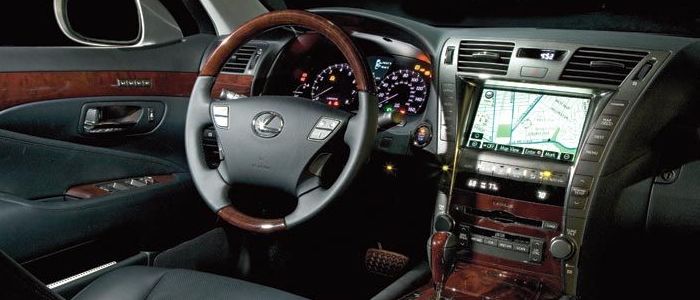Compare two cars
Compare any two cars and get our Virtual Adviser™ opinion
Dimensons & Outlines
Check a car with 30% off a report
Engine
Performance (manual gearbox)
Performance (automatic gearbox)
Expenses
Virtual Adviser's™ opinion
Well, these are two pretty similar cars we have here! It's only details that could potentially make the difference. Considering they both belong to the executive car segment and utilize the same 4-door sedan body style and the 4 x 4 wheel drive system, it all comes up to the specific petrol engine choice they offer. The first one has a Volkswagen-engineered powertrain under the hood, a 12-cylinder, 48-valves 450hp unit, while the other one gets its power and torque from a 8-cylinder, 32-valves 384hp engine designed by Toyota.
SafetyUnfortunatelly, neither of the two vehicles was submitted to the European New Car Assessment Programme (Euro NCAP) testing. This makes it virtually impossible for me to pick one over the other and I'm generally against buying such cars as the safety should really always come first. That aside, let's consider some other aspects which affect safety. Both vehicles belong to the executive car segment, which is generally a fortune safety-wise, but it doesn't do much to help us decide between the two.
ReliabilityReliability is not the best thing to consider on the make level, but it is worth mentioning that Lexus as a brand displays somewhat better results, when all the models are taken into account. These are the results of an independent reasearch, while our visitors describe reliability of Audi with an average rating of 4.2, and models under the Lexus badge with 4.9 out of 5. Unfortunatelly, I don't have enough insight that would allow me to comment in more details on the specific models level. That apart, owners of different cars powered by the same engine as the German car rank it on average as 1.0, while the one under the competitor's bonnet gets 3.0 out of 5.
Performance & Fuel economyAudi is a bit more agile, reaching 100km/h in 0.6 seconds less than its competitor. Still, it lacks the power to win the top speed competition, topping at 250 kilometers per hour, exactly the same as the other car does. When it comes to fuel economy an obvious choice would be the Japanese car, averaging around 11.1 liters of fuel per 100 kilometers (25 mpg), in combined cycle. That's 32% difference compared to the German car!
Verdict
Lexus is apparently more reliable, not too much, but just enough. The most important thing when deciding between any two vehicles should always be safety, both passive and active. In this case though, it seems that both cars show similar levels of passenger protection all together, so that won't break a tie. But one thing that actually could is the performance, with Audi offering somewhat better performance, just enough to call it quicker. It does come at a cost though, and that's the fuel consumption... All together, there's not much more to say, in this case I wouldn't even consider anything but Lexus. In any case that's my personal view, built upon all the data available to me. What should decide here though is the way you feel about the two vehicles, and I hope you'll find my guidelines useful in the process. I suggest you spend two more minutes in order to find out which car, based on your needs and budget, would be picked by the virtual adviser™, among thousands of similar, yet so different vehicles.


































